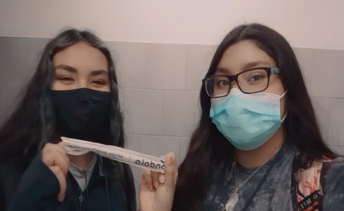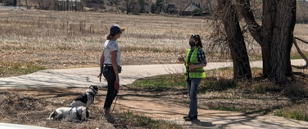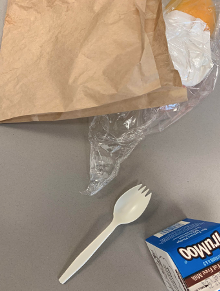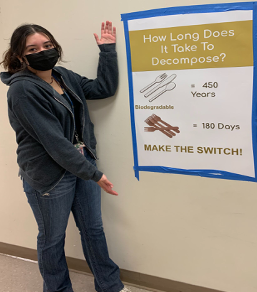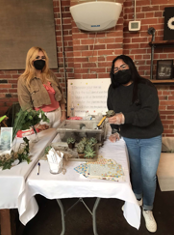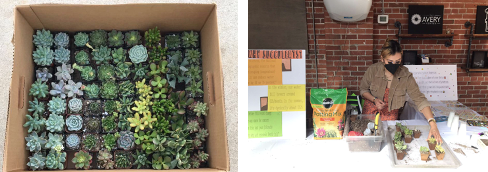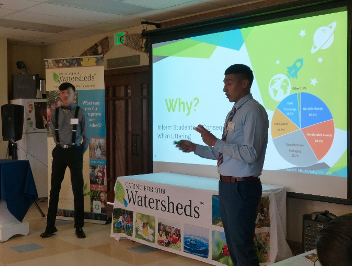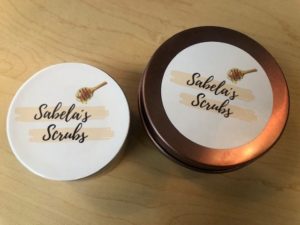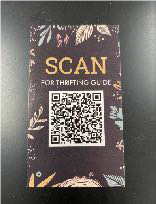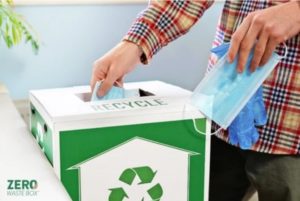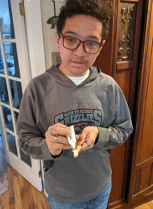
2021, Northridge High School, Greeley, Colorado, USA
Pamela Perez
Plastic is everywhere and we use them everyday. One of them being plastic toothbrushes. Pamela found that plastic can travel through many other watersheds and end up in the ocean. This in turn affects our water quality and organisms – including humans. She learned that plastic toothbrushes can take up to 400 years to decompose! That’s why she decided to encourage her peers to make the switch from plastic toothbrushes to bamboo toothbrushes. Pamela constructed a presentation with all the details on why it’s important to make the switch. This presentation was shared with peers remotely or presented by teachers, as there were COVID protocols restricting Pamela from presenting herself. Pamela also distributed bamboo toothbrushes to students that reviewed her presentation. Pamela received a lot of positive feedback from her peers. It sounds like her peers are happy they made the switch!
